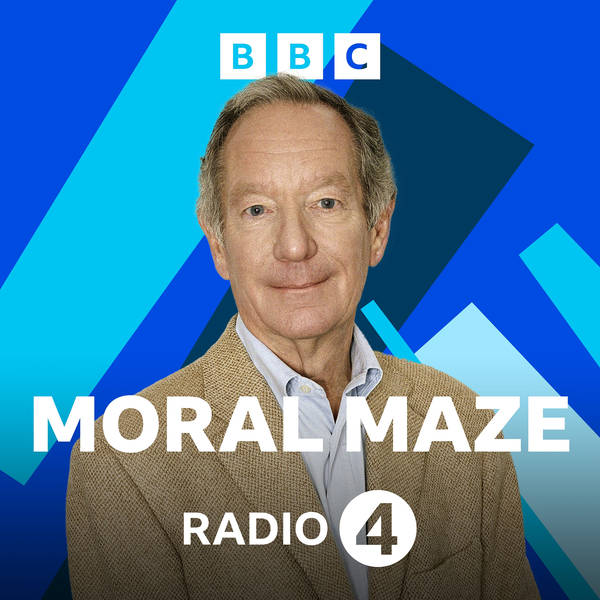
Moral Panics
The rise in the number of fatal stabbings in recent months has generated big headlines and heated political debate. Teenage knife crime is high on the national agenda. There is broad agreement that something has to change but not as much agreement about what that is. Should there be more police officers on the streets? more surrender bins? more use of stop and search? more weapons sweeps? tougher sentences? Do we need a knife crime ‘tsar’ to co-ordinate it all? What about the role of schools and youth clubs? But before we start writing policy prescriptions, let’s ask a more basic question: are we seeing a long-overdue response to a desperate and tragic situation, or a nation in the grip of full-blown moral panic? The phrase ‘moral panic’ - which was popularised by sociologist Stanley Cohen in his 1972 book about mods and rockers - is nearly always used pejoratively to denote an over-the-top expression of public anxiety about the lowering of moral standards. Yet it could be argued that a moral panic is like a whistling kettle - it’s a warning that things have come to the boil. Perhaps we shouldn’t speak of moral panics but of moral calls to action – opportunities to get money spent and policies reformed on important issues that are usually below the national radar. Or perhaps such societal soul-searchings are just spasms of empathy, emotional outbursts that take no account of long-term trends, get in the way of clear-eyed policy-making and divert resources from duller but worthier causes. Are moral panics good for society?
Producer: Dan Tierney
